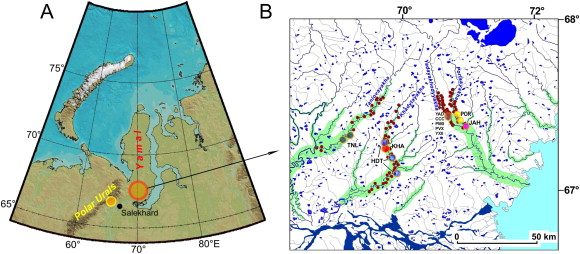This month’s open thread…
We have just updated the blog software, and are taking a little time to assess how up-to-date some the content is (including the theme, mobile theme, blogroll, about pages and the RC wiki etc.). So this might be a good time to chime in with your suggestions as well as discussing the latest climate science issues.
